Forests and poverty Sharing a snapshot of reality
The results from over 8000 households across 24 countries suggest that, for millions of rural families across the tropics, ‘wild’ resources make up a large share of their income. Underestimating the importance of this income source risks making decisions that could exacerbate poverty.
So, armed with a host of findings that have taken even the researchers by surprise, the PEN team has been disseminating the results to all corners of the globe and helping others, including the World Bank, to draw a more accurate picture of rural welfare. This agricultural and environmental ‘bean counting’, as CIFOR scientist Sven Wunder refers to it, allows the world to make decisions based on a much better picture of what is really going on.
Read more at CIFOR.org/pen
The Poverty and Environment Network
Partner:
SERFOR; Dirección Ejecutiva Forestal y de Fauna Silvestre, Ucayali; Municipality of Contamana, Loreto Province
Funding partner:
ESRC, DFID, Danida, USAID
Publications and presentations
The World Bank LSMS Surveys
Armed with the PEN results, CIFOR has teamed up with FAO, PROFOR and others in working with the World Bank to develop an explicit forestry module that may be included in their Living Standards Measurement Surveys (LSMS). Apart from a few major products, the LSMS currently ignores most forest income sources. Preparations are now underway for pilot testing of the forestry module in Indonesia (led by CIFOR), Tanzania and Nepal.
We’re helping the World Bank and national statistics bureaus do a better job of measuring the importance of forests to rural livelihoods.
Understanding our audience
We’ve been trialing a system that tells us who is downloading our papers and why, so we can develop more tailored strategies to share and use knowledge.
We’re more interested in knowing who is downloading our products and how they intend to use them, rather than just a blind number of downloads.
Trial results
In its first three weeks, the introductory PEN paper in World Development had 280 downloads, and we had a better understanding of our audience and impact.
We’re currently working on rolling the system out to other PEN papers in the special issue of World Development.
Related publication
Opening access for wider impact
The dataset:
15 research groups are already using PEN data for their own analyses.
The tools:
Questionnaires, technical guidelines and data entry tools are available online.
The research methods:
Thoroughly documented in a book also available online.

